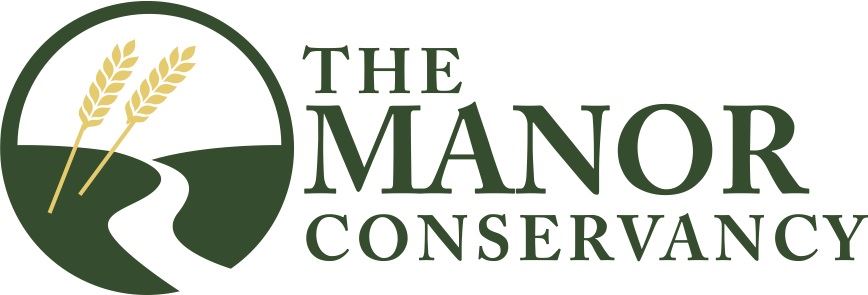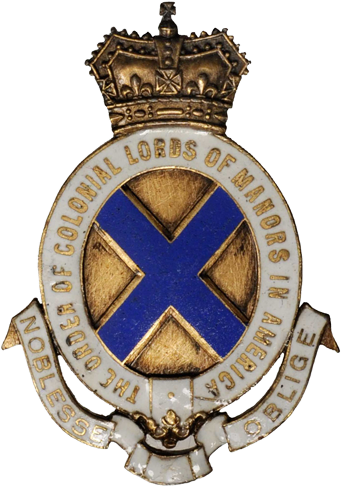Frequently Asked Questions
What things should I consider when buying rural land?
Click here for a link to an excellent article that covers 10 things to consider before purchasing rural property.
How long do conservation easements last?
TMC holds only permanent conservation easements. For a landowner to claim federal income tax deduction and other tax benefits, the easement must be granted in perpetuity.
What uses are prohibited on land subject to a conservation easement?
Typically, conservation easements limit residential development and subdivision to a mutually agreed upon level and prohibit any type of commercial or industrial activities other than farming, forestry or other open space uses. The terms of conservation easements are flexible (within broad TMC, MET and IRS guidelines) and can be tailored to meet the needs of an individual landowner. Agricultural uses are encouraged and forest harvest practices are permitted unless there is an important wildlife habitat in need of protection.
Does granting a conservation easement give the public the right to enter my property?
Not unless the landowner specifically wants to grant access to the public.
How are conservation easements enforced?
An easement requires that the Grantee be allowed to enter and monitor the property to determine if the condition of the property is in compliance with the easement. TMC monitors all of its conservation easements annually. Stewardship staff and volunteer monitors contact landowners in advance of the monitoring visit. If a potential violation is found, TMC first attempts to resolve the issue through negotiations with the landowner. If that cannot resolve the problem, legal remedies may be sought to require the restoration of the property. Mutual respect and shared objectives almost always lead to the satisfactory resolution of misunderstandings without legal action.
What type of land is eligible for a conservation easement?
TMC focuses its efforts on a range of particular geographic areas as well as specific types of projects. These include projects that protect particular scenic, cultural, and historical resources, farmland, forests, waterways, or endangered habitat.
Does an easement impact my ability to sell my land?
No. A landowner may sell or otherwise convey land protected with a conservation easement. However, since the easement is permanent, the restrictions run with the land and therefore apply to all future owners.
What are the benefits to a landowner?
Other than the potential for significant income, estate and property tax savings, conservation easements provide landowners with peace of mind – there is tremendous satisfaction in knowing the land they cherish will be protected forever. Perhaps the most important benefit is that a conservation easement can be essential for passing land on to the next generation. By removing development potential from the property, the easement decreases the land’s market value, which in turn lowers the estate tax. Whether the easement is donated during life or by will, this can make a critical difference in the heirs’ ability to keep the land intact.
How is the value of my conservation easement donation determined?
The easement value is determined through a before-and-after appraisal by a qualified appraiser. The appraiser first appraises the land based on its highest and best use (development potential) before the easement donation occurs and then it is reappraised based upon the restrictions placed upon the property after the easement is donated. The difference between these two figures is the easement value. It is the landowner’s responsibility to hire an appraiser and pay for his/her services. This cost may be deductible.
The information contained in this document is only an overview of the major Internal Revenue Code requirements, Treasury Regulations and associated guidance documents as they relate to easement valuations and appraisals. This is not a comprehensive listing or explanation of all requirements for obtaining a Federal Income tax deduction. The explanation of complex tax issues provided in this fact sheet has been greatly simplified. For more detailed information, you should seek professional council from your attorney and accountant. The Manor Conservancy cannot assure the deductibility of a conservation easement.









